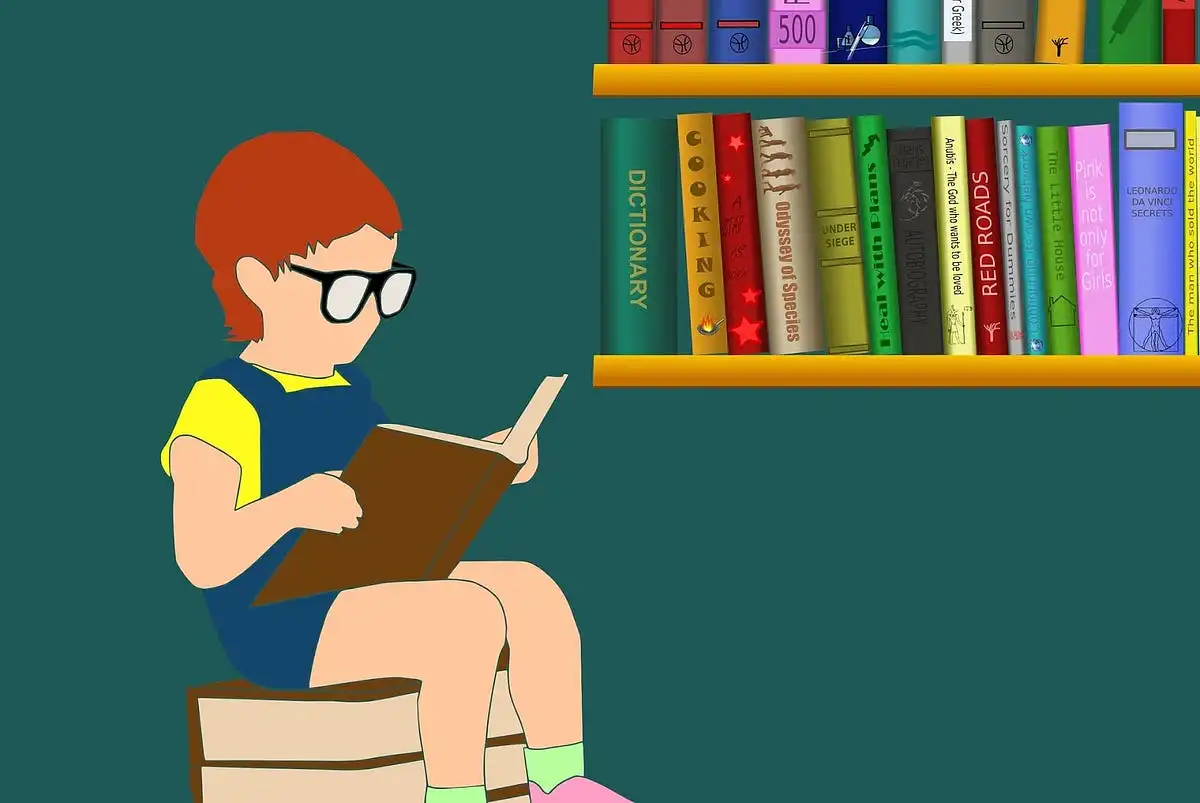A de-pathologising and enabling explanation of typical neurodivergent perception and expression culture.
By Janae Elisabeth, a researcher-storyteller and neurodiversity advocate from western North Carolina.
The two rather concise blog articles are suitable for handing to people who may ask (or may not have asked) what this neurodiversity thing is actually about. And if you are divergent, you will probably recognise yourself.
In part 1, Janae lists the most defining differences in communication and culture, in the sibling form of “we”.
Quote:
The dominant social group labels our way of being in the world as disordered because they don’t understand us. Even though they don’t understand, the dominant culture controls the narrative about our differences.
Society believes the experts who are not part of our culture, who see brokenness where there is order. We gradually start to believe the myths ourselves and lose all sense of self-esteem. We come to hate ourselves for being different.
How did we get here?
The pathology paradigm is a system of diagnostic labels designed by neurotypicals which categorizes our genetic differences and traumatic stress responses as illnesses, disorders, deficits, and deficiencies. […]Up until now, scientists have studied us like they study animals — not asking our opinion or considering that there may be a complex system of mind behind the behaviors that they do not understand. They theorize that we are less empathetic, less aware of others, less social. More like robots than people.
They have largely not tried to understand the biological mechanisms that create our experience of self. Instead they have tried every means possible to force us to act neurotypical.
(emphasis partly done by me – yeah that’s a long quote …)
Headlines:
Processing differences cause us to speak different social languages / Emotions / Empathy / Nonverbal Communication and Body Cues / Words Mean Things / Social Rules / A Different Value System / Skills and Abilities / Reactions to Stress, Pain, and Overwhelm
Part 2:
Link: Lost in Translation: The Social Language Theory of Neurodivergence (part 2 of 2)
In part 2, Janae writes about the impact of the invalidation done by a pathologising clinical approach, the mistreatment following the misunderstanding, and ways in which neurodivergence can be supported, accepted, and embraced.
Quote:
The med/psych system is losing or failing most neurodivergent people. This is the most common theme I am hearing from patients, parents, teachers, and therapists alike. And it’s not just that we are “falling through the cracks” in the system or being neglected, though those are valid concerns. The bigger concern is that the med/psych system is actively harming many neurodivergent people by forcing cultural assimilation.
[…]
A study in 2019 found that psychiatric diagnosis is scientifically meaningless because there is too much subjectivity in diagnosis and not enough understanding of trauma. And when we look beyond simple accuracy and also consider impact, the failure of diagnostic labels becomes clear. Diagnostic labels as they are currently given are worse than useless, they are all too frequently harmful.
(emphasis by me)
Headlines:
While speaking different languages makes relationships difficult, invalidation makes relationships impossible / Self-image, depression, and shutdown / Social rejection, abuse, and PTSD / Mistreatment, re-traumatization, and forced treatment / The neurodiversity paradigm recognizes our different languages and seeks to understand miscommunications instead of pathologizing them. Here are 7 key ways that neurodivergence can be supported, accepted, and embraced
Further reading:
- The paper mentioned in the above quote is available for download as PDF when you search the internet for the title “Heterogeneity in psychiatric diagnostic classification” +PDF. It’s interesting for understanding how non-scientific the standard psychiatric assessment actually is.
- In another entry, Janae talks about how the DSM-5 criteria fail. Direct link: A Neurodiversity Paradigm Breakdown of the DSM-5 Criteria for Autism
- … or if you prefer an informed eye-roll done by Yo Samdy Sam on y-tube: Autism diagnosis criteria: explained (DSM-5).
I shall leave my own impression from the articles i read in the past days, in the direction of de-pathologisation.
- It finally got me to know some about the “expert” criteria and method of assessment, and it’s just as i imagined. Luckily, i’m not alone in seeing that not only as clearly failing the clients and professionalism just the same, but in seeing the process of pathologising in itself as potentially harmful. The beliefs we surround ourselves become all too easily our absolute reality. I’ve been in a self-assessment process for years. That being completely disregarded just to get officialy labeled “dysfunctional”, can only be wholeheartedly rejected.
Quote from the DSM-5 article: “All of the following should be understood as a speculative story from a dominant cultural group about a minority cultural group presented with deep bias and without any attempt to understand how that minority cultural group perceives their differences.” – Thanks. - I’ll have to make a better distinction between “autism” and “neurodiversity”. That will serve to make peace with all those who take benefit from the dysfunctional label. It will also enable me to be in peace with the paradigm of this forum, that certainty about being autistic would require said pathologising assessment.
- That said, i can identify with how people like Janae Elisabeth describe nerodiversity in such a way that it makes me fairly confident in describing myself as neurodivergent. There may be a great variability in traits and their strenghts from person to person, and i might fall on the lower end. One guy with an “Asperger’s” diagnosis once told me that he’d think i was “more autistic than he is”. Well, who cares.
- … But i care! I’m still not sure what to call my mental states which i formerly called “autistic”. I learned that it might just be something which also appears in autism – an active form of shutdown. I can actually use such a state to shut out all external influence, so that i can concentrate on one thing without my mind getting into useless chatter because of the distractions from whatever spirit enters my field. – It is otoh certainly a trauma avoidance reaction, and it’s difficult to get out of it.
- It finally got me to know some about the “expert” criteria and method of assessment, and it’s just as i imagined. Luckily, i’m not alone in seeing that not only as clearly failing the clients and professionalism just the same, but in seeing the process of pathologising in itself as potentially harmful. The beliefs we surround ourselves become all too easily our absolute reality. I’ve been in a self-assessment process for years. That being completely disregarded just to get officialy labeled “dysfunctional”, can only be wholeheartedly rejected.


